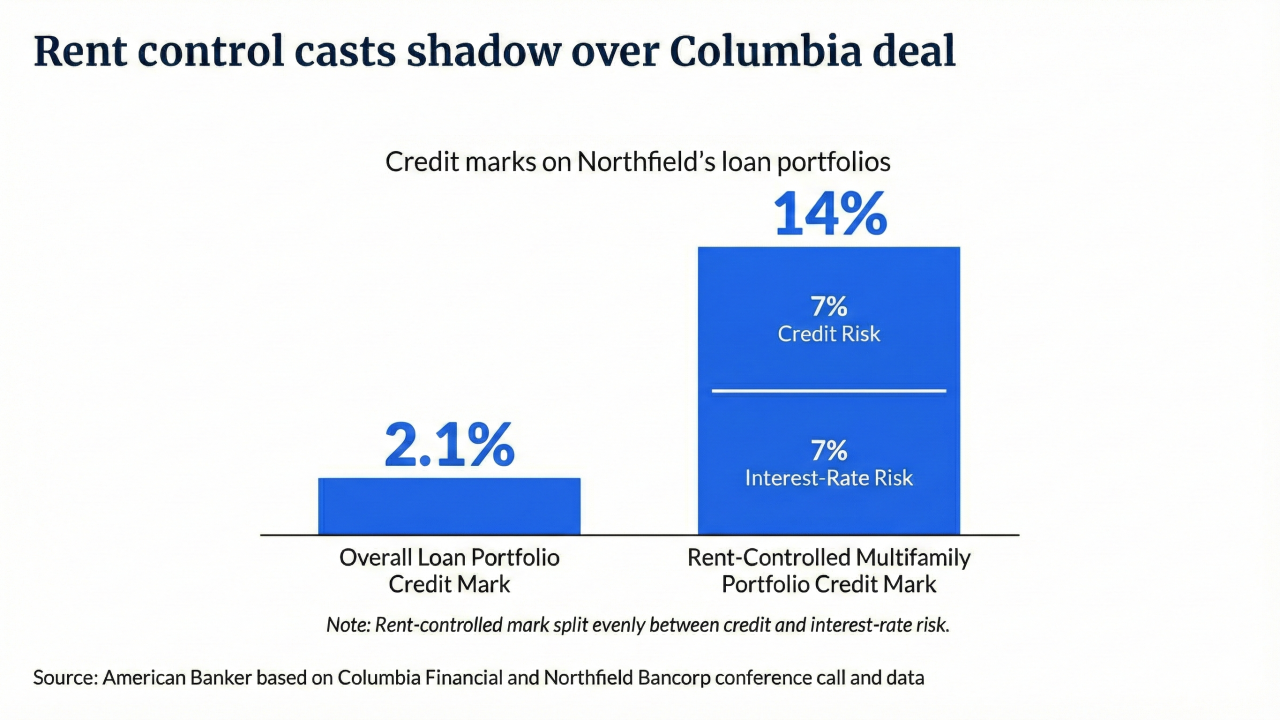The top executive at UMB Healthcare Services, a division of UMB Financial Corp. in Kansas City, Mo., said the unit plans to buy health savings accounts from small banks that have struggled to add scale.
"I think that there are a number of community banks and smaller banks that have a portfolio [of health savings accounts] with a few million dollars and few thousand accounts and they are trying to decide if this is an important business for them," said Dennis Triplett, the president of UMB Healthcare. "I think a lot of banks are coming to the realization that this isn't just a checking account. There is a fair amount of complexity and customer support necessary to thrive with HSAs."
UMB Healthcare has completed several deals in the past year, he said, and has several more in the pipeline, including one with a small bank in the Midwest.
In January, UMB Healthcare bought 315 health savings and 308 medical savings accounts from Benefit Administrators, a third-party administration division of E.G. Lee & Co. Insurance Services Inc. in Lafayette, Calif. The price of the deal was not disclosed, but Mr. Triplett said, "Basically they gave us these accounts. They told us that they didn't want the cost of support and customer service. We took the accounts and agreed not to go out and solicit other business from these customers."
Forrester Research says HSA assets now exceed $8 billion overall, but analysts said growth has been slower than expected.
"There were a lot of early entrants in this space that thought they were going to attract trillions in deposits by starting a health savings account platform," Mr. Triplett said, "and really the growth just hasn't been there yet."
UMB Healthcare, which began offering medical savings accounts, including HSAs, since their inception in the late 1990s, is among the nation's largest custodians of health savings accounts, flexible spending accounts, and health reimbursement arrangements. Last year its assets under management in the general category of health spending accounts climbed 40%, to $140 million, and its accounts have grown at an average annual rate of 36% in the past five years.
Nationally HSA account balances have declined. In the third quarter, individual HSA balances fell 2% from the previous quarter, and family HSA balances fell 4%, according to Canopy Financial Inc. Canopy called these declines "modest" in light of "sharp drops in U.S. financial markets."
Mr. Triplett said difficult economic conditions and stagnant HSA deposits have forced some banks to "reconsider" whether they should continue offering HSAs.
"I think we will likely see more concentration and consolidation in the HSA space," he said. "There are banks that are seen as specialists that are dedicated to this space and are dedicated to picking up scale. There are also some that are just dabbling, that may choose not to continue, that will choose to partner with someone else, or just exit the business altogether."
Many banks saw the "'hockey stick' adoption curves" that HSAs had early on, he said, "and thought, 'Hey, we've got to play in that space.' People thought it was nothing more than a money market account or a checking account. They thought they could just stick a sign up, start offering HSAs, and enjoy the growth. But the reality set in quick that they needed to service these accounts too."
Analysts said only a handful of companies have successfully offered health savings accounts, including UMB; United HealthGroup's Exante Bank; and HSA Bank, a Sheboygan, Wis., subsidiary of Webster Financial Corp. in Waterbury, Conn. But adoption has been slow. Kirk Hoewisch, the president of HSA Bank, said its sales have fallen 50% short of projections.
Diamond Management and Technology Consultants Inc. said custodians opened more than 1 million HSA accounts in 2004, when they were opening more than 50,000 a month. From 2005 to 2008, HSA growth averaged nearly 70%, but the pace has slowed.
The Chicago research company said Wednesday that it has revised its estimates for 2010 and provided guidance for 2012. It said it expects 8 million to 10 million health savings accounts to have been opened by 2010 — 9 million fewer than its estimate in 2007 — and assets under management are expected to be closer to $20 billion than the $65 billion it had projected in 2007.
Diamond expects HSA accounts to grow to 11 million to 13 million by 2012, with total assets of $35 billion to $45 billion.
Mr. Triplett said UMB Healthcare still expects organic growth this year. "Over time, more people will use HSAs, and these accounts will continue to grow, but in light of the current economy, it is going to be more difficult for some banks to wait," he said.





